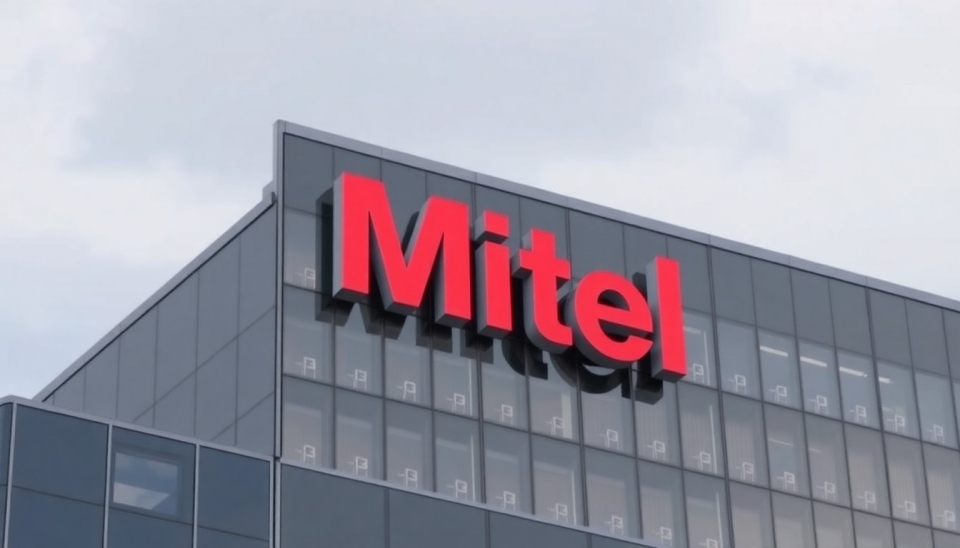
In a significant development within the telecommunications sector, Mitel Networks Corporation is reportedly preparing to file for Chapter 11 bankruptcy. This move comes as the company faces mounting financial difficulties, a situation exacerbated by increased competition and shifts in market demand. The decision to seek bankruptcy protection is indicative of the intense pressures that many firms in this sector are currently experiencing.
Founded in 1973 and headquartered in Ottawa, Canada, Mitel has long been a staple in the telecommunications landscape, specializing in voice, video, and collaboration solutions for businesses. However, in recent years, the company has struggled to maintain its competitive edge in an industry marked by rapid technological advancements and evolving consumer expectations.
Reports have surfaced that internal sources indicate Mitel's management is close to finalizing the bankruptcy filing, which they hope will facilitate a restructuring process aimed at rejuvenating the company. The decision to file for Chapter 11 is often a strategic choice, allowing a company to reorganize its debts and operations while shielding itself from creditor actions during the restructuring process.
Market analysts observe that Mitel's struggles are not entirely unique; the telecommunications industry has seen numerous firms grappling with similar challenges. Factors such as the rise of cloud-based solutions and the increasing preference for unified communications have disrupted traditional business models. This shift has left legacy companies like Mitel in a precarious position, forcing them to innovate or risk obsolescence.
In light of these challenges, Mitel's leadership has expressed intentions to streamline operations, potentially shedding unprofitable segments of its business. The restructuring plan might focus on enhancing the firm’s core competencies in cloud services and collaborative technology, aiming to align more closely with current market trends.
However, the road ahead is fraught with uncertainty. Bankruptcy filings often lead to significant operational changes, including layoffs and divestitures of key business units. Stakeholders, including employees, investors, and clients, are likely to experience instability as the company attempts to navigate through these turbulent waters.
The news has triggered mixed reactions from industry observers, with some expressing skepticism about Mitel’s ability to effectively turn around its business post-bankruptcy. Others, however, see this as a necessary step for the company to regain stability and focus on innovation following the financial reset that Chapter 11 filings can provide.
As Mitel prepares for what could be a transformative chapter in its journey, the telecommunications sector will be watching closely. The outcome of this impending filing could set a precedent for other firms facing similar challenges in a landscape that continues to evolve rapidly.
In conclusion, while the decision to file for Chapter 11 reflects a challenging reality for Mitel, it may ultimately present an opportunity for rejuvenation and refocusing. Only time will reveal how successful this strategy will be in reclaiming a leadership position within the increasingly competitive telecommunications market.
#Mitel #Telecommunications #Bankruptcy #Chapter11 #BusinessNews #IndustryTrends
Author: Emily Collins

